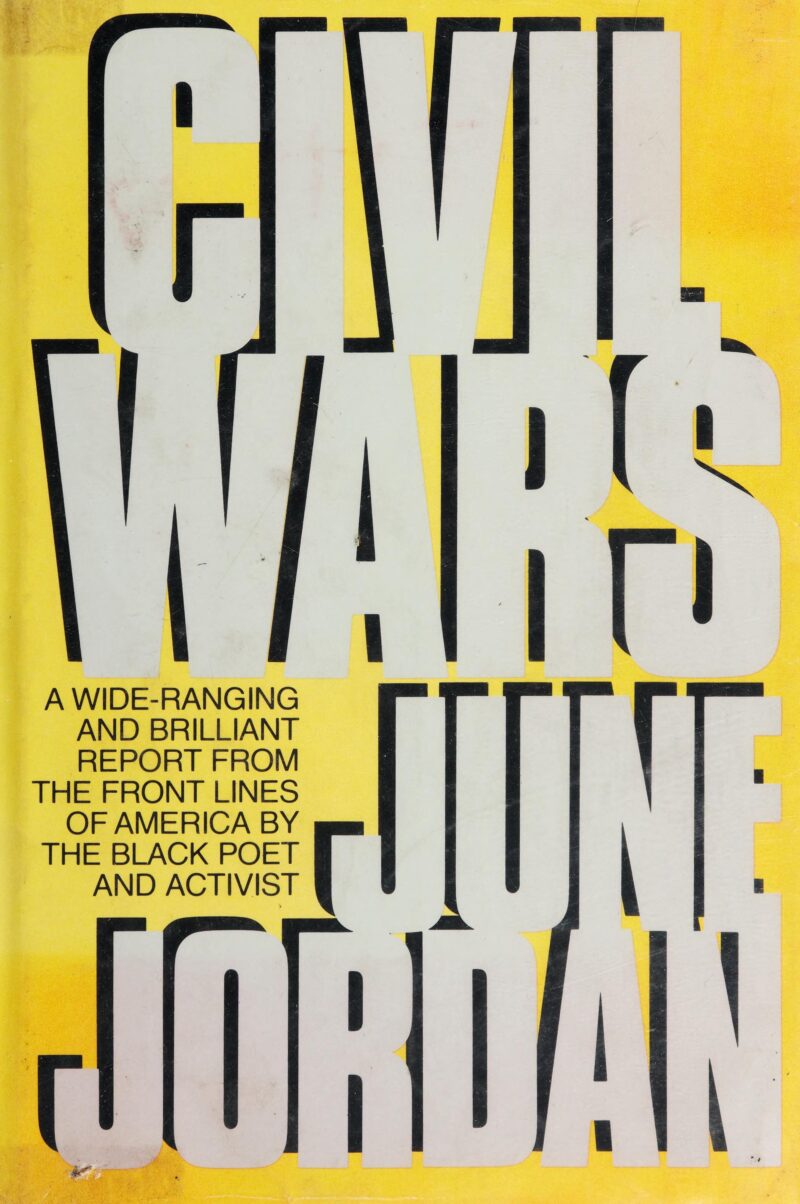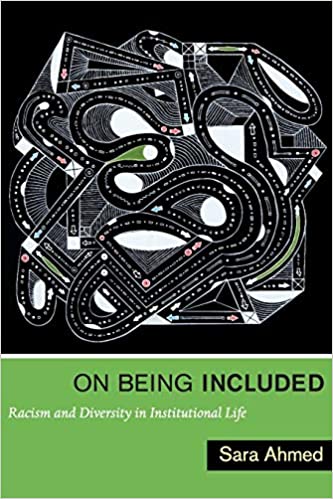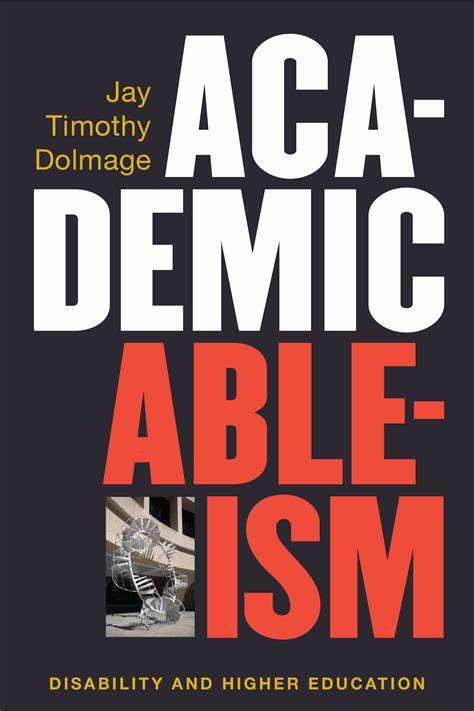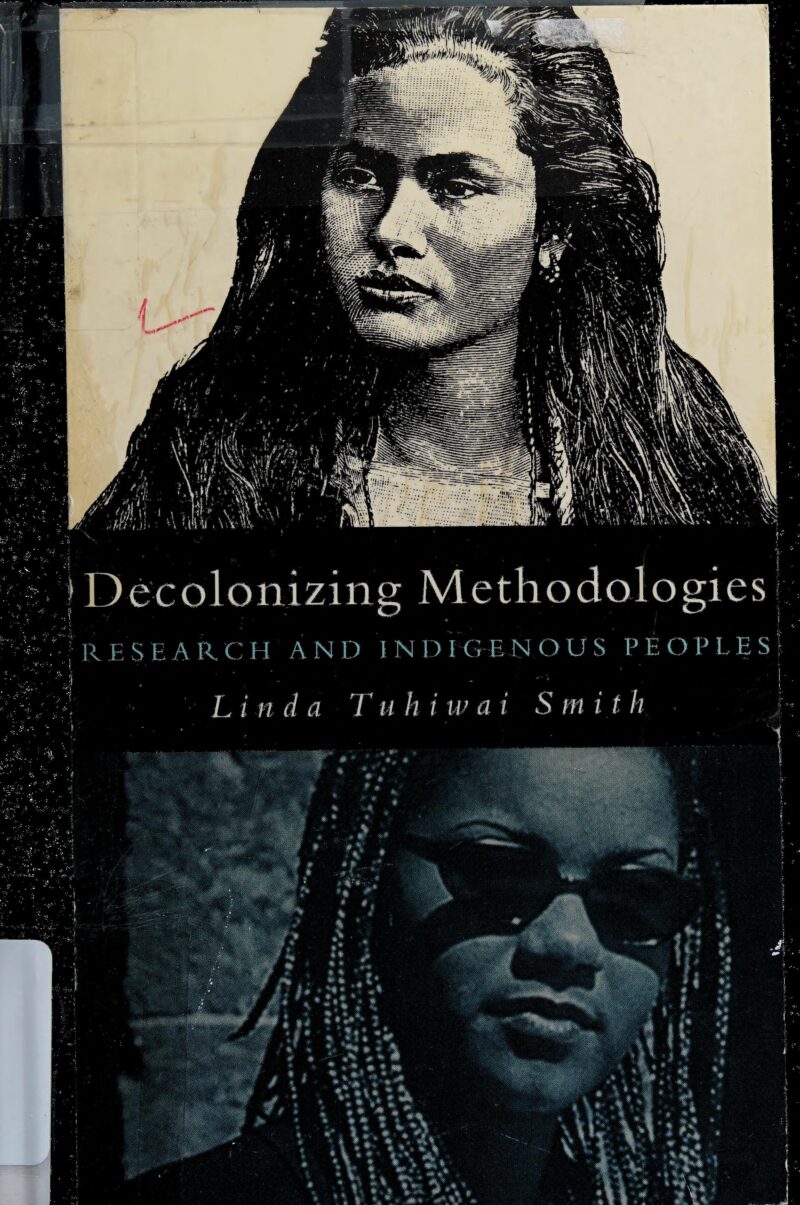Much of my scholarship also seeks to analyze higher education itself as an object of knowledge and site of knowledge production. To this end, I am deeply interested in thinking about decolonial and antiracist modes of conceiving the university and its associated learning practices and methodologies.
In recent years, a seemingly new, interdisciplinary field called “Critical University Studies” has emerged. Scholars in this subfield such as Newfield, Brier, and Bousquet have tended to focus on critiquing the contemporary higher education landscape using economics and labor as a primary lens to do so. In particular, they emphasize the corporatization of the university under the rise of neoliberalism. While helpful in providing recent context around the university’s state of “austerity,” I suggest that (self-identified) “Critical University Studies” scholarship does not often rigorously attend to or center issues of race, gender, coloniality, and intersectionality—which are at the heart of my interests.
As such, in my own research on the university, I am committed to integrating much earlier scholarship that is not typically placed under the banner of “Critical University Studies,” yet still tackles important questions around structural issues within academia. My scholarship in this area therefore draws substantially on scholarship in women of color feminisms, race and intersectionality, and indigenous and decolonial studies—as those fields pertain to higher education itself.




As Dolmage, Smith, paperson, Wilder, and Jordan note, we cannot unravel knowledge production in the university from legacies of (settler-)colonialism, transatlantic slavery, white supremacy, and racial capitalism. Many universities were established via land grants that seized Native land. Many universities also directly and indirectly profited from the slave trade and via chattel slave labor (Wilder). Furthermore, many universities have long-standing investments in eugenics and other research that forwards anti-blackness, sexism, Eurocentrism, and ableism. Indeed, as Smith, Wynter, and paperson suggest, legacies of enlightenment-era and modern values on some sort of pursuit of objective knowledge through scientific and social-scientific research in this way historically have helped to justify and legitimate this sort of research
Given all this, my research draws on and is inspired by studies that critique and interrogate traditional academic methods and modes of research, while also suggesting new and radical possibilities for conceptualizing research. Da Silva, Christian, Wynter, Gutiérrez y Muhs et al., and others interrogate—implicitly and explicitly—what is and is not labeled as “academic” knowledge, or even knowledge at all. At the same time, this scholarship performs a critique of institutional knowledge production through their transdisciplinary stances and innovative ways of writing. For instance, Ahmed blends ethnography, autoethnography, and phenomenology; paperson meshes cyborg theory, Black radical feminism, film theory, and decolonial/indigenous studies; and Smith combines historical data with a self-reflexive approach. These modes of scholarship interrogate and deconstruct assumed structures of knowledge in both form and content, and imagine new ways of being and thinking in the university.
“. . . school is an assemblage of machines and not a monolithic institution, its machinery is always being subverted toward decolonizing purposes.”
– la paperson, A Third University is Possible
“. . . school is an assemblage of machines and not a monolithic institution, its machinery is always being subverted toward decolonizing purposes.”